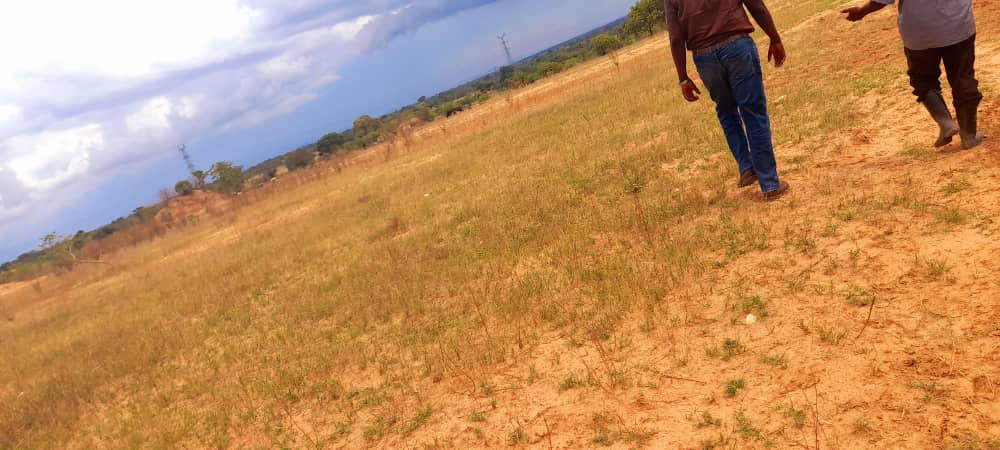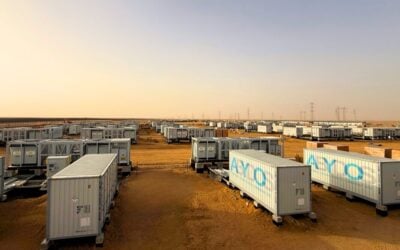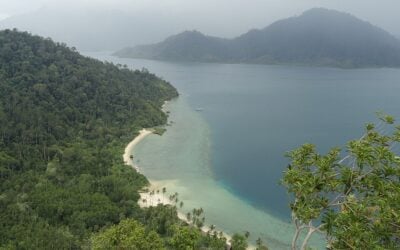
Zambian developer GEI Power and Turkish energy technology firm YEO are aiming to have a 60MWp PV, 20MWh BESS project in Zambia online by September 2025.
The project will require US$65 million of investment and will assist in mitigating power shortages in the country, the Ministry of Energy said.
Enjoy 12 months of exclusive analysis
- Regular insight and analysis of the industry’s biggest developments
- In-depth interviews with the industry’s leading figures
- Annual digital subscription to the PV Tech Power journal
- Discounts on Solar Media’s portfolio of events, in-person and virtual
GEI and YEO have set up a special purpose vehicle, Cooma Solar Power Plant Limited, to build and operate the project which will be built in the Choma district, southern Zambia.
The Ministry’s announcement didn’t reveal the MW power of the battery energy storage system (BESS), only its 20MWh energy storage capacity. GEI’s website says its offtaker will be a ‘Zambia state utility and mining firm’.
Preliminary activities including a feasibility study, environmental impact assessment (EIA) and grid impact study have been conducted to start the project.
YEO is a Turkey-headquartered energy solutions and technology firm with its own grid-scale, 688kWh lithium iron phosphate (LFP) BESS product via subsidiary REAP Battery, alongside engineering, procurement and construction (EPC) services.
Ministry of Energy Permanent Secretary Dr. Francesca Chisangano Zyambo commented that the company’s involvement could lead to the setup of a manufacturing plant in the Zambia: “We also want to tap into the engineering and battery storage innovation expertises from Turkey and set up an assembly plant in the country.”
Energy-Storage.news reported on Turkey’s domestic battery supply chain including LFP cell and BESS manufacturing in a recent article (Premium access).
GEI Power meanwhile is a developer with several projects underway in Zambia. Alongside the Cooma project, GEI Power also lists the 50MW PV-plus-BESS Kazungula Solar Power Plant (KSPP) in its pipeline, also in Choma and also in ‘advanced development’ (pictured above). It also has two solar-plus-green-hydrogen projects listed, in the Chinkakata and Sesheke districts.
The Sesheke district could also be the site of the first of a 400MWh rollout of BESS projects by local developer GreenCo, reported on this time last year by Energy-Storage.news.
Last year also saw UAE-owned independent power producer (IPP) Masdar sign a memorandum of understanding (MOU) with state-owned utility Zesco to develop 2GW of solar PV in the country, covered by our sister site PV Tech.
Zambia is represented by Zesco in the Southern African Power Pool (SAPP), a collaboration between Africa’s southernmost countries including a shared power grid. It comprises Angola, Botswana, Democratic Republic of the Congo, Eswatini, Lesotho, Mozambique, Malawi, Namibia, South Africa, Tanzania, Zambia, and Zimbabwe.






